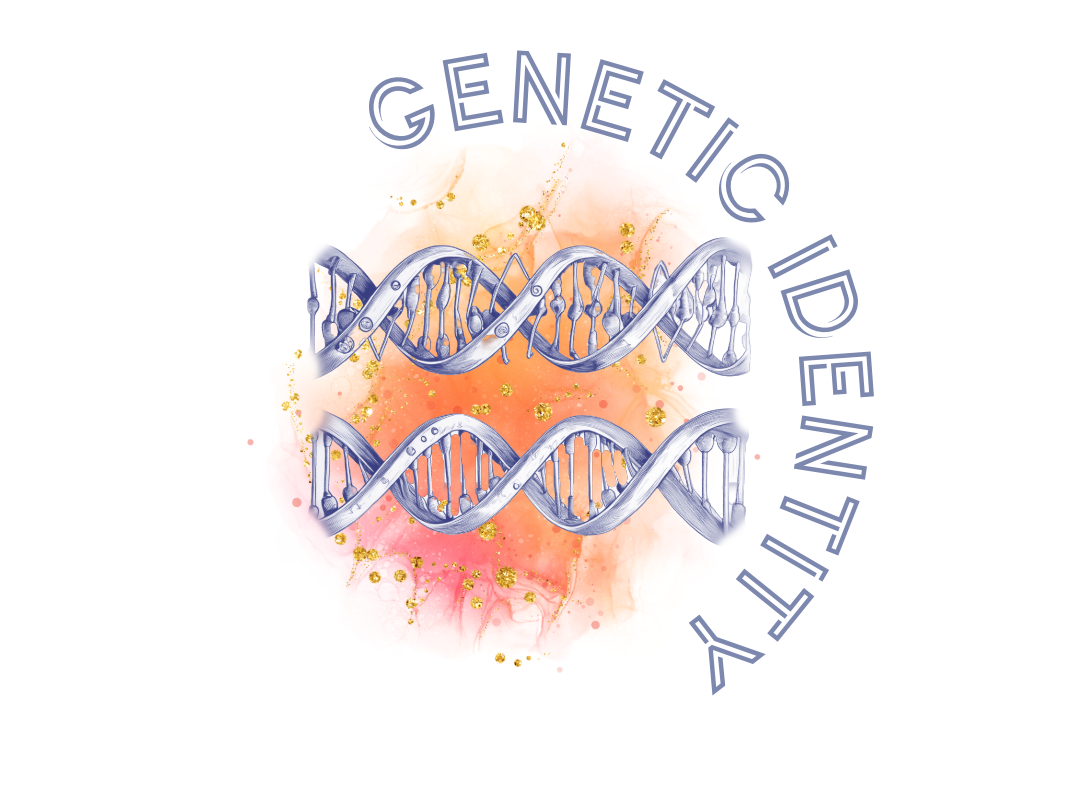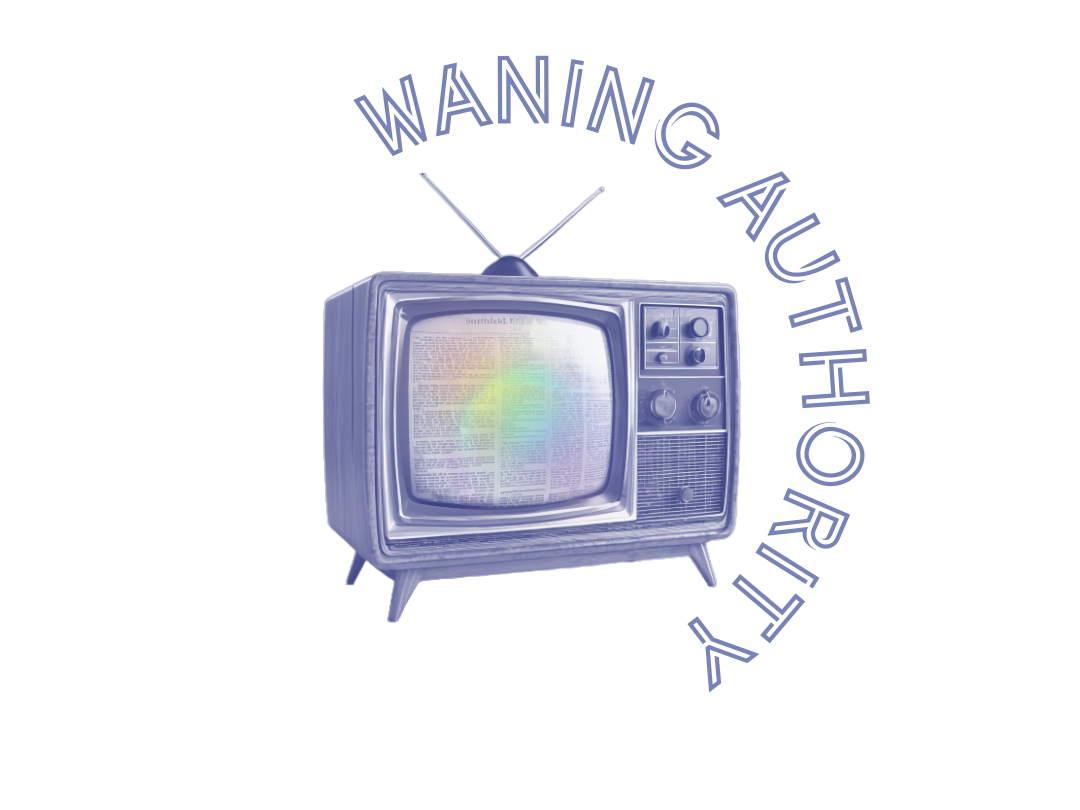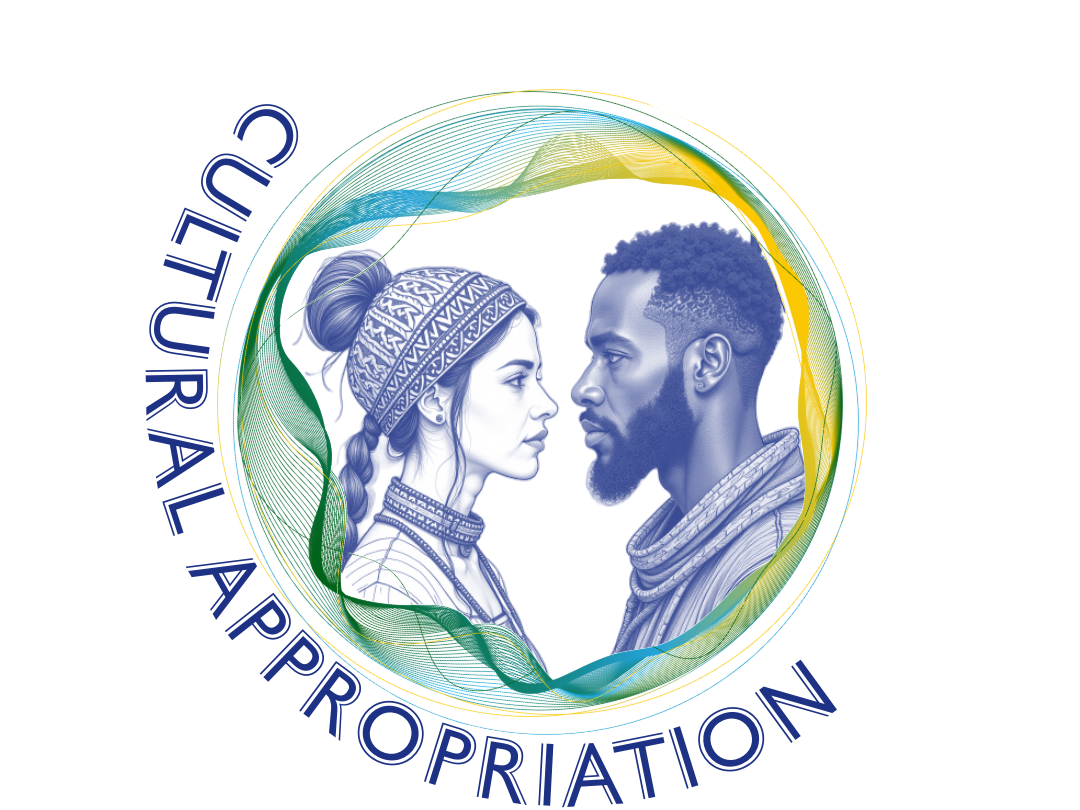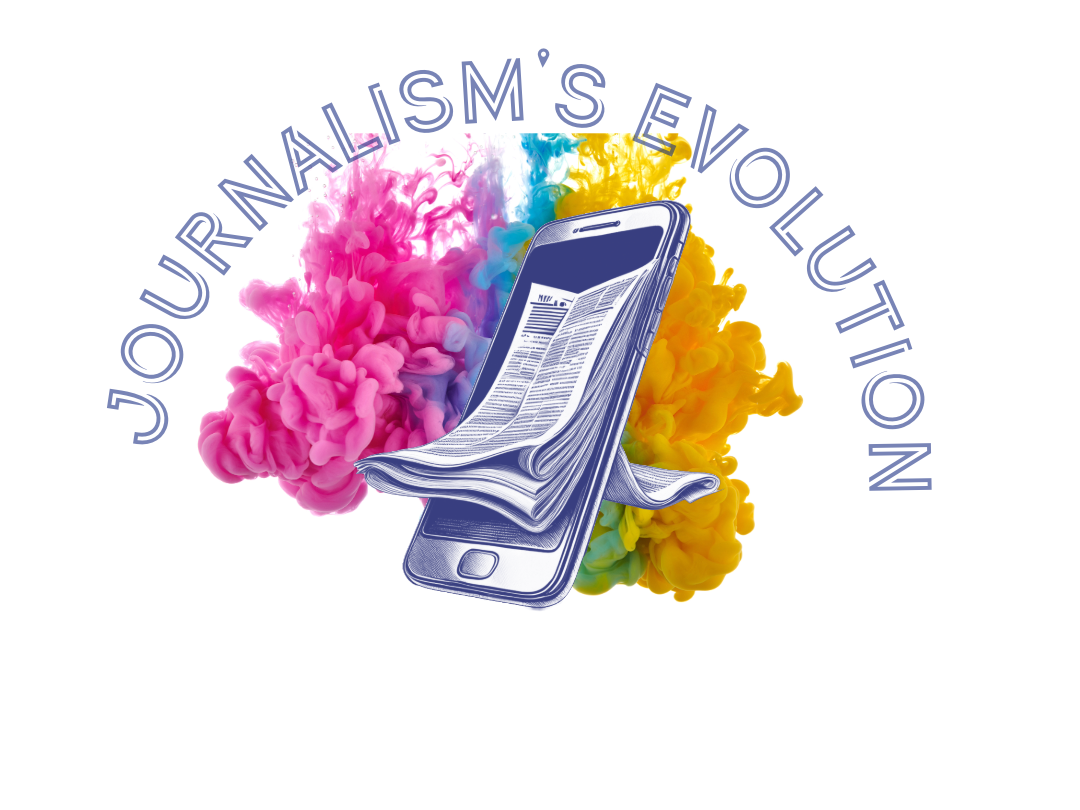March 3, 2025
I grew up on a street named after William Gladstone, the British statesman who, in 1876, stood before the world and denounced the atrocities committed against Bulgarians with words that shook Europe. As a child, I didn’t grasp the significance of his name. But today, on March 3rd—Liberation Day, as Bulgaria marks the anniversary of its freedom from Ottoman rule, I reflect on why history matters—not just for understanding the past, but for shaping the future.
History matters, not only for Bulgarians to remember what they have achieved but also for the world to learn from their struggle. The April Uprising of 1876 was not just about Bulgaria—it was a moment in history that proved how defiance, even when crushed, can change the course of nations. It was a reminder that freedom is not simply granted, but fought for, often at an unimaginable cost.
March 3rd: More Than a Celebration
Today, Bulgarians across the country gather to honor the sacrifices that led to our nation’s rebirth. The National Guards march in Sofia, while ceremonies unfold in cities like Plovdiv, Veliko Tarnovo, and Shipka, reminding us that freedom was not granted, but earned. On this day in 1878, the Treaty of San Stefano marked the end of the Russo-Turkish War (1877–1878) and committed the Ottoman Empire to accept the restoration of the Bulgarian state—nearly 500 years after it had been occupied.
Yet, March 3rd would not exist without April 1876, when the Bulgarian people, outgunned and outnumbered, rose in defiance against their oppressors in what became one of the most pivotal moments in our national history.
A Defeat That Led to Victory
The April Uprising of 1876 was never about military success. The revolutionaries knew they would not win against the superior Ottoman forces. But they also knew that if the world saw their suffering, history could change.
One of the uprising’s leaders, Tsancho Dyustabanov, understood this when he declared:
„Че поне ще научим българина, как да мре геройски за свободата си!“
(“At the very least, we will teach the Bulgarian how to die heroically for his freedom!”)
It was a rebellion not for immediate liberation but for the conscience of Europe. The atrocities that followed—the massacre at Batak, the razing of entire villages, and the executions of countless revolutionaries—sent shockwaves through Europe. Journalists like Januarius MacGahan exposed the horrors to the Western world, and it was William Gladstone who, in response, declared:
“Let the Turks now carry away their abuses in the only possible manner—by carrying off themselves…one and all, bag and baggage, shall, I hope, clear out from the province they have desolated and profaned.”
These words, along with international outrage, forced European powers to act, setting the stage for the Russo-Turkish War and Bulgaria’s eventual liberation on March 3rd, 1878.
Why Looking Back Matters for Moving Forward
As Bulgaria celebrates Liberation Day today, we must ask ourselves: what does it mean to be free? History is not just a reflection of the past—it is a guide to the future. The April Uprising teaches us that even in the darkest moments, courage can shape history. It reminds us that resistance, no matter how hopeless it seems, can change the course of nations.
For Bulgarians, remembering our past is a matter of national identity. But for the world, studying these moments of defiance provides critical lessons about how injustice is confronted, how international intervention is mobilized, and how oppressed nations reclaim their sovereignty.
In an era where wars, uprisings, and struggles for freedom continue across the globe, the legacy of the April Uprising remains relevant. It reminds us that freedom is fragile, resistance is necessary, and history has a way of proving that even the weakest voices when heard, can bring down empires.
A Glimpse into My Research
This article is more than just a reflection—it is a glimpse into my current research on the psychology, sociology, and geopolitics of revolutionary movements. The April Uprising is not just a Bulgarian story; it is part of a larger pattern of defiance that has shaped nations across history. By studying these movements, we can better understand modern struggles, anticipate political upheavals, and learn from the courage of those who came before us.
As we wave our flags today and remember the sacrifices of those who fought for our independence, let us not take their victory for granted.
“A nation that does not stand up for itself shall perish. But he who falls in the fight for freedom—never dies.”
Честит празник. България!
________________________________
Author’s Note: This article is based on my ongoing research into revolutionary movements, psychology, and geopolitical shifts. It reflects my personal insights and academic perspective on the enduring impact of the April Uprising.
All Rights Reserved | Vesselina Davenport | 2025




